Filter by
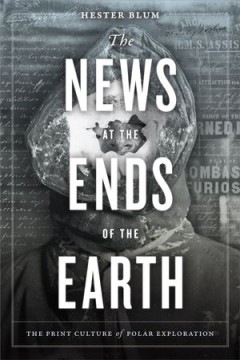
The News at the Ends of the Earth
From Sir John Franklin's doomed 1845 search for the Northwest Passage to early twentieth-century sprints to the South Pole, polar expeditions produced an extravagant archive of documents that are as varied as they are engaging. As the polar ice sheets melt, fragments of this archive are newly emergent. In The News at the Ends of the Earth Hester Blum examines the rich, offbeat collection of pri…
- Edition
- -
- ISBN/ISSN
- 9781478003229
- Collation
- -
- Series Title
- -
- Call Number
- -
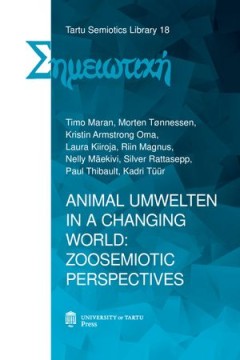
Animal Umwelten in a Changing World
The book raises semiotic questions of human–animal relations: what is the semiotic character of different species, how humans endow animals with meaning, and how animal sign exchange and communication has coped with environmental change. The book takes a zoosemiotic approach and considers different species as being integrated with the environment via their specific umwelt or subjective percep…
- Edition
- -
- ISBN/ISSN
- 9789949772810
- Collation
- -
- Series Title
- -
- Call Number
- -
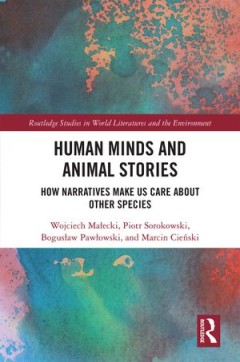
Human Minds and Animal Stories
The power of stories to raise our concern for animals has been postulated throughout history by countless scholars, activists, and writers, including such greats as Thomas Hardy and Leo Tolstoy. This is the first book to investigate that power and explain the psychological and cultural mechanisms behind it. It does so by presenting the results of an experimental project that involved thousands …
- Edition
- -
- ISBN/ISSN
- 0429590059
- Collation
- -
- Series Title
- -
- Call Number
- -
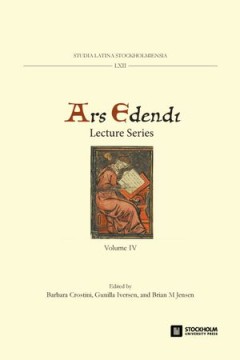
Ars Edendi Lecture Series, vol. IV
"The Ars Edendi Lectures have been organized by the research programme at Stockholm University funded by Riksbankens Jubileumsfond during the years 2008-2015, with a focus on editorial methods for dynamic textual traditions of medieval Greek and Latin texts. This fourth volume gathers contributions both on the fundamentals of editing, as in Glenn Most ‘What is a critical edition?’, and look…
- Edition
- Vol. 62.0
- ISBN/ISSN
- 9789176350393
- Collation
- -
- Series Title
- -
- Call Number
- -

Yeats's Shakespeare
In Yeats’s Shakespeare, the first full-length study of Yeats’s interest in Shakespeare, Rupin W. Desai explores how Shakespearean works influenced Yeats’s poetry and mythological drama. Exploring Shakespeare’s sonnets and Yeats’s poetry, Desai illustrates the deep degree to which Yeats identifies with Shakespeare, even to the extent of including some of Shakespeare’s heroes in his o…
- Edition
- -
- ISBN/ISSN
- 9780810138292
- Collation
- -
- Series Title
- -
- Call Number
- -
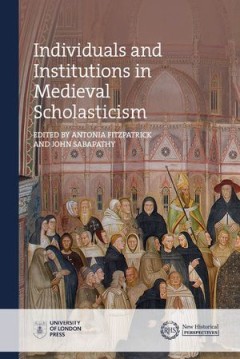
Yeats’s Mask: Yeats Annual No. 19
Yeats’s Mask, Yeats Annual No. 19 is a special issue in this renowned research-level series. Fashionable in the age of Wilde, the Mask changes shape until it emerges as Mask in the system of A Vision. Chronologically tracing the concept through Yeats’s plays and those poems written as ‘texts for exposition’ of his occult thought which flowers in A Vision itself (1925 and 1937), the volu…
- Edition
- -
- ISBN/ISSN
- 9781783740192
- Collation
- -
- Series Title
- -
- Call Number
- -
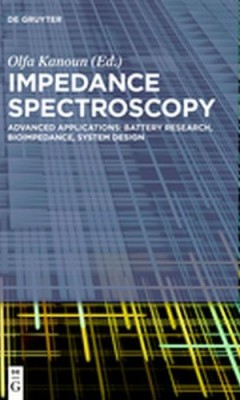
Yeats's Legacies
"The two great Yeats Family Sales of 2017 and the legacy of the Yeats family’s 80-year tradition of generosity to Ireland’s great cultural institutions provide the kaleidoscope through which these advanced research essays find their theme. Hannah Sullivan’s brilliant history of Yeats’s versecraft challenges Poundian definitions of Modernism; Denis Donoghue offers unique family memories …
- Edition
- -
- ISBN/ISSN
- 9781783744565
- Collation
- -
- Series Title
- -
- Call Number
- -
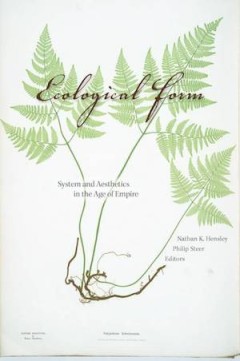
Ecological Form
Hensley and Steer look to join the conceptual tools of contemporary ecocriticism with the rich archive of nineteenth century thinking about imperial and ecological intertwinement. This collection of essays draws on that archive to demonstrate the relevance of Victorian thought for current theory and practice. Ecological Form argues that ecology, the empire, and literary thinking were inseparabl…
- Edition
- -
- ISBN/ISSN
- 9780823282128
- Collation
- -
- Series Title
- -
- Call Number
- -
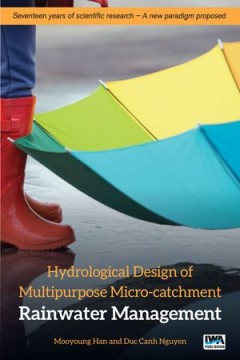
Writing Pirates: Vernacular Fiction and Oceans in Late Ming China
In Writing Pirates, Yuanfei Wang connects Chinese literary production to emerging discourses of pirates and the sea. In the late Ming dynasty, so-called “Japanese pirates” raided southeast coastal China. Hideyoshi invaded Korea. Europeans sailed for overseas territories, and Chinese maritime merchants and emigrants founded diaspora communities in Southeast Asia. Travel writings, histories, …
- Edition
- -
- ISBN/ISSN
- 9780472902484
- Collation
- -
- Series Title
- -
- Call Number
- -

Writing Emotions: Theoretical Concepts and Selected Case Studies in Literature
After a long period of neglect, emotions have become an important topic within literary studies. This collection of essays stresses the complex link between aesthetic and non-aesthetic emotional components. Against this background, emotional patterns are discussed by focusing on the practice of writing as well as on the impact of emotional patterns on receptive processes. Readers will be confro…
- Edition
- -
- ISBN/ISSN
- 9783837637939
- Collation
- -
- Series Title
- -
- Call Number
- -
 Computer Science, Information & General Works
Computer Science, Information & General Works  Philosophy & Psychology
Philosophy & Psychology  Religion
Religion  Social Sciences
Social Sciences  Language
Language  Pure Science
Pure Science  Applied Sciences
Applied Sciences  Art & Recreation
Art & Recreation  Literature
Literature  History & Geography
History & Geography